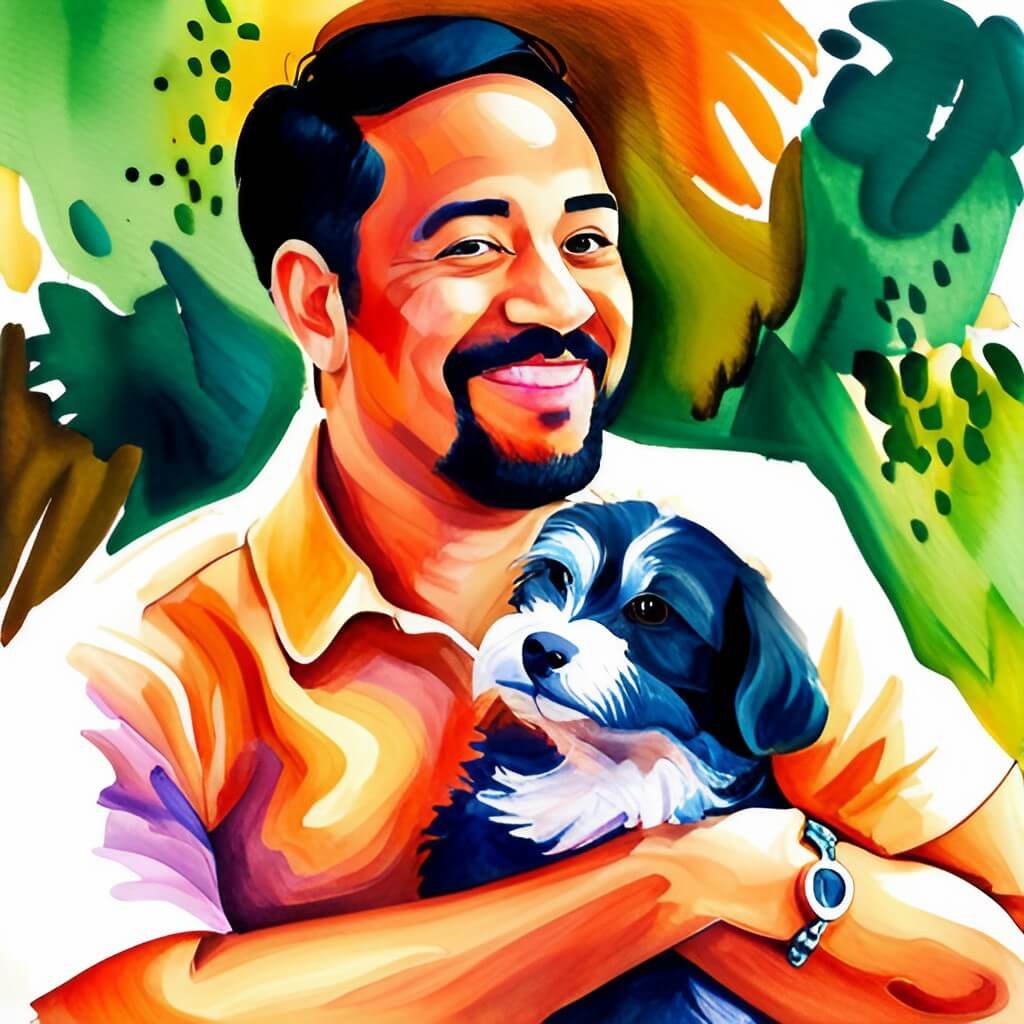As we spend a decade or more with our dogs, they literally become a part of our lives, a member of our family, and the thought of them not being with us anymore can be too much to handle.
Unfortunately, this is something that will happen. It is inevitable. And while planning for our pet’s final resting place is something that we would prefer not to do, it is wise to decide early on which option is the best.
Looking at your choices is difficult and can affect your better judgment when you are in the process of grieving for the loss of your pet. Therefore, deciding on which memorial option is the best for your beloved dog should taken care of long before he or she passes.
Here is a list of some of the traditional ways we lay our dogs to their final resting place:
Pet Cemetery
These are burial grounds that are usually located in a quiet, park-like area. A few of them have a special place where the remains of the owners can be buried alongside their pets. One well known pet cemetery that has been around for about 40 years is located on church grounds in New Jersey.
There are two questions that you should ask before deciding on a pet cemetery:
1. Is the owner of the property committed to keeping the land as a pet cemetery in the future? To find out, contact the county recorder’s clerk and verify that the property is indeed dedicated as a pet cemetery. Otherwise, the company can legally exhume your dog and sell the land.
2. Does the cemetery charge a maintenance fee? This is to ensure proper up keeping of the burial grounds.
Cremation
Three types of pet cremations are available:
1. Individual cremation: Only one dog is cremated and the ashes can be returned to the family.
2. Private cremation: Several pets are cremated but kept in separate chambers so that the ashes can be returned to the right family.
3. Common cremation: Includes several pets and the ashes are not returned.
A respectable crematory should offer you a tour of their facility and allow you to be there during your dog’s cremation. Ashes that are returned to the owners can be buried, spread in a special location, or placed in an urn.
Body disposal: Your vet will dispose of your dog’s body for a minimum charge. The bodies are either incinerated or sent to a landfill. If your dog is to be cremated, ask for the name and phone number of the crematorium and call to verify that the facility works with your veterinarian.
Backyard Burial: Check your local county’s regulations concerning backyard burials for your pets. Consider this question: If you think you are going to be moving in a few years, will it bother you to leave behind your dog’s remains?








